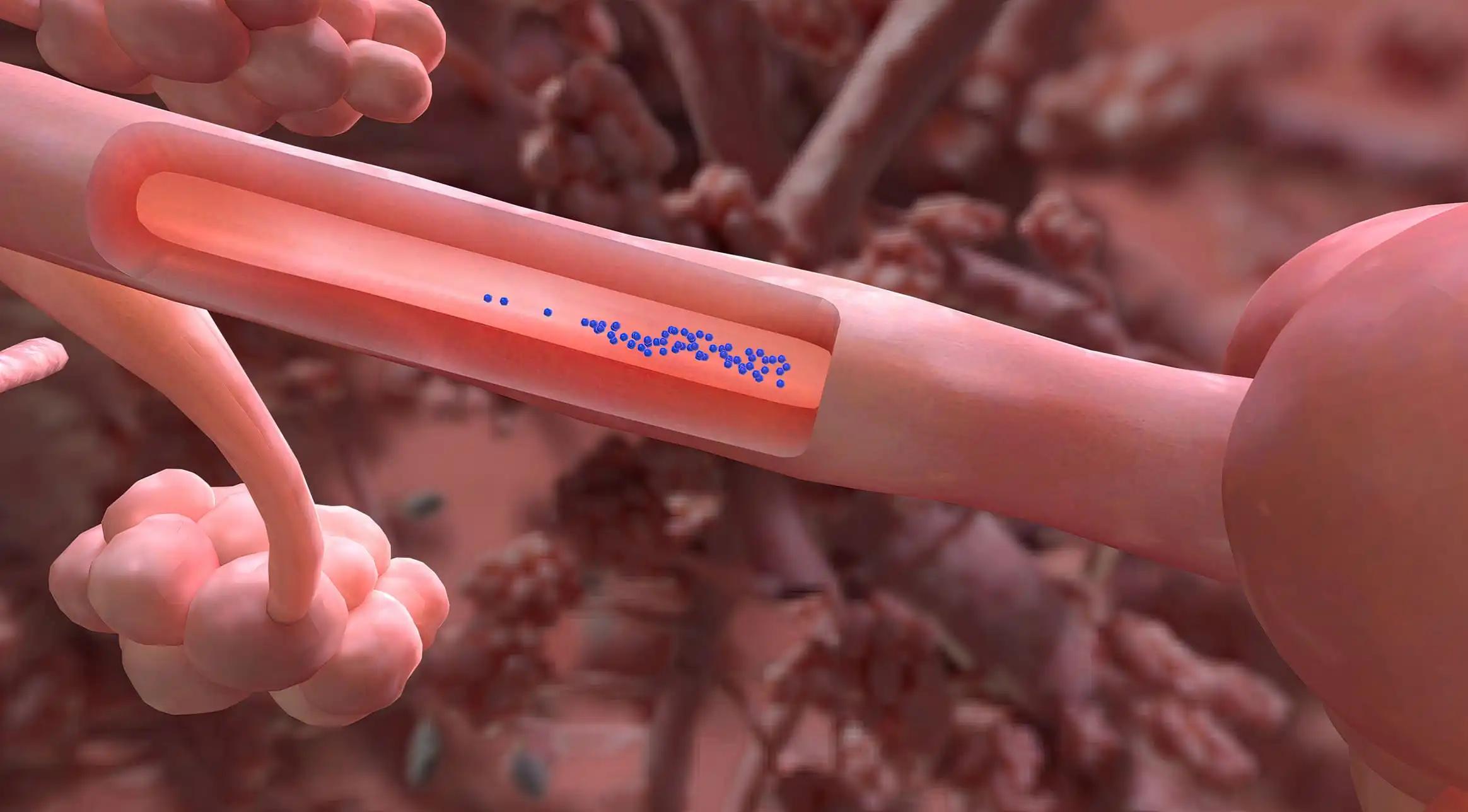KEY TAKEAWAYS
- The Phase 3 ATHENA-MONO trial (NCT03522246) demonstrated improved PFS with first-line rucaparib maintenance therapy.
- The primary aim was to evaluate the efficacy of rucaparib 1L maintenance treatment across all patients, irrespective of their baseline prognostic factors.
- Patients with high-grade FIGO stage III-IV ovarian cancer who achieved a response after cytoreductive surgery and platinum-doublet chemotherapy.
- The investigator-assessed PFS was significantly longer with rucaparib compared to placebo in all subgroups categorized by FIGO stage.
- The timing of surgery and residual disease in the intent-to-treat population, regardless of the patient’s molecular characteristics or high-risk clinical features.
- Rucaparib was effective in all subgroups categorized by FIGO stage, the timing of surgery, and residual disease in the ITT population.
The ATHENA-MONO phase-3 clinical trial demonstrated a significant increase in progression-free survival (PFS) among patients with advanced ovarian cancer who received first-line (1L) rucaparib maintenance treatment compared to those who received a placebo. This improvement was observed regardless of the patient’s molecular characteristics, with a median PFS of 20.2 months compared to 9.2 months for the placebo group (log-rank P<.0001; HR, 0.52; 95% CI, 0.40–0.68). Patients with and without high-risk clinical characteristics for disease progression were enrolled in the ATHENA-MONO study. In the presented subgroup analyses, researchers assessed the efficacy of rucaparib 1L maintenance treatment across all patients, irrespective of their baseline prognostic factors. Patients diagnosed with high-grade, International Federation of Gynecology and Obstetrics (FIGO) stage III-IV ovarian cancer who underwent cytoreductive surgery and received 4-8 cycles of first-line platinum-doublet chemotherapy and achieved a response, either partial (PR) or complete (CR), were randomly assigned in a 4:1 ratio to receive either oral rucaparib 600 mg twice daily or placebo. The investigator evaluated patients’ progression-free survival (PFS) in subgroups based on their FIGO stage, the timing of surgery, and disease status after chemotherapy.
As of the data cutoff on March 23, 2022, 427 and 111, patients were randomly assigned to receive either rucaparib monotherapy or a placebo. Seventy-five percent of the patients presented with FIGO stage III disease, while nearly half underwent primary surgery. Post-chemotherapy, a significant proportion of patients (75%) exhibited no residual disease. The investigator-assessed progression-free survival (PFS) was observed to be enhanced with rucaparib compared to placebo in all subgroups categorized by FIGO stage, the timing of surgery, and residual disease in the intent-to-treat (ITT) population. The first-line rucaparib maintenance therapy exhibited enhanced progression-free survival compared to placebo in all subgroups of the intention-to-treat population, irrespective of the timing of surgery or prognostic disease characteristics, such as FIGO stage or residual disease. The findings validate a novel maintenance therapeutic alternative for individuals diagnosed with ovarian cancer, regardless of their molecular profile or the presence of high-risk factors for disease advancement at the outset.
Source: https://oncologypro.esmo.org/meeting-resources/esmo-congress/rucaparib-maintenance-treatment-in-patients-pts-with-newly-diagnosed-ovarian-cancer-oc-defining-benefit-according-to-disease-risk-subgroups-wi
Clinical Trail: https://clinicaltrials.gov/ct2/show/NCT03522246
R. Kristeleit, S. Ghamande, M. Lim, C. Parkinson, M. Morgan, M. Wilson, A. Oaknin, J. Buscema, P. Bessette, D. Lorusso, F. Ueland, T. Safra, J. Barlin, F. Marmé, T.J. Herzog, I. McNeish, S. Goble, S. Hume, K. Fujiwara, B.J. Monk/Rucaparib maintenance treatment in patients (pts) with newly diagnosed ovarian cancer (OC): Defining benefit according to disease risk subgroups within the phase 3 ATHENA–MONO study/Annals of Oncology (2022) 33 (suppl_7): S235-S282. 10.1016/annonc/annonc1054



